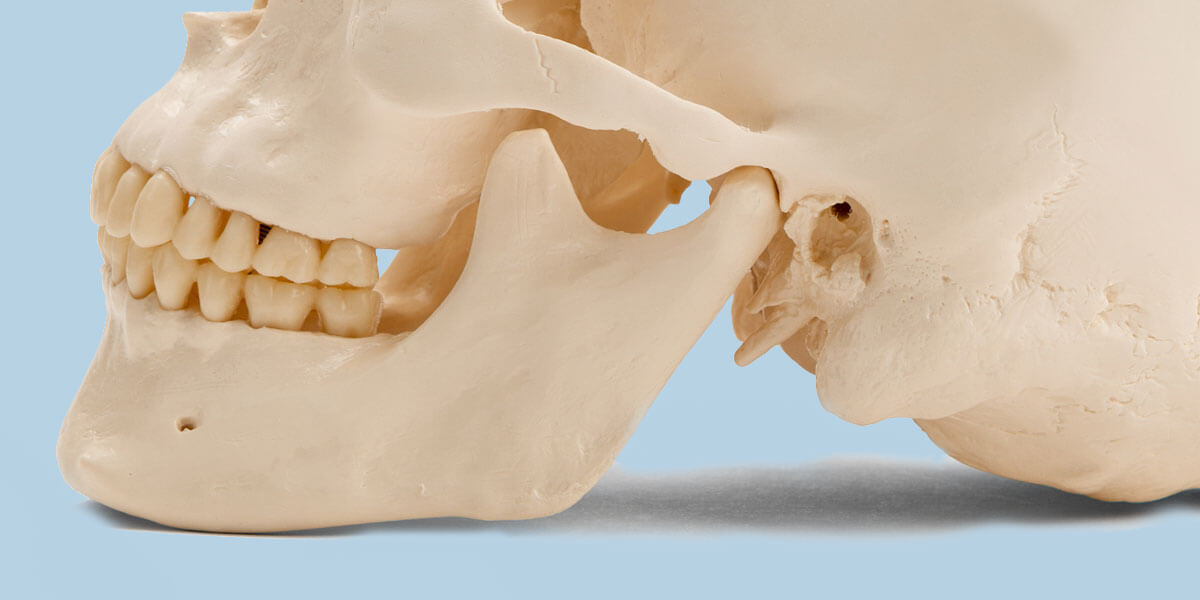Temporomandibular joint (TMJ) disorders are conditions that affect the jaw joint and surrounding muscles, causing discomfort and impacting daily activities like eating, speaking, and even sleeping. In TMJ Singapore, awareness of TMJ disorders has been growing, yet many still lack an understanding of the symptoms, causes, and available treatment options. This article aims to provide a comprehensive overview of TMJ disorders to help individuals recognize the condition and seek appropriate care.
What is TMJ?
The temporomandibular joint connects the jawbone to the skull and is essential for normal jaw function. It allows for the movement necessary for chewing, talking, and making facial expressions. TMJ disorders can arise from various issues affecting this joint, including inflammation, injury, or muscle tension.
Symptoms of TMJ Disorders
Recognizing the symptoms of TMJ disorders is the first step toward seeking treatment. Common symptoms include:
- Jaw Pain: Persistent pain in the jaw joint, particularly when opening or closing the mouth, is a hallmark symptom.
- Headaches: Many individuals experience headaches, often resembling tension headaches or migraines, which may be linked to TMJ dysfunction.
- Ear Discomfort: Pain in the ears or a feeling of fullness can occur due to the close proximity of the TMJ to the ear canal.
- Clicking or Popping Sounds: Many people with TMJ disorders report hearing clicking, popping, or grating sounds when moving their jaw.
- Limited Jaw Movement: Difficulty or discomfort while opening the mouth fully can indicate TMJ issues.
- Facial Pain: Pain may radiate to the face, neck, and shoulders, making it challenging to perform daily tasks.
Causes of TMJ Disorders
The causes of TMJ disorders can vary widely, and understanding these factors can help in managing the condition effectively. Common causes include:
- Jaw Injury: Trauma to the jaw, such as a blow or whiplash, can damage the joint and lead to TMJ disorders.
- Arthritis: Conditions like osteoarthritis or rheumatoid arthritis can affect the TMJ, causing inflammation and pain.
- Bruxism: Chronic teeth grinding or jaw clenching, often a response to stress or anxiety, can strain the TMJ and surrounding muscles.
- Malocclusion: Misalignment of the teeth or jaw can lead to uneven pressure on the TMJ, resulting in pain and dysfunction.
- Posture Issues: Poor posture, especially when sitting for extended periods, can lead to tension in the jaw and neck muscles, aggravating TMJ disorders.
Treatment Options for TMJ Disorders in Singapore
Treatment for TMJ disorders varies depending on the severity of the condition and the underlying causes. Here are some common treatment options available in Singapore:
- Conservative Management: Initial treatment typically involves non-invasive methods such as:
- Pain Relief: Over-the-counter pain relievers, such as ibuprofen or acetaminophen, can help manage pain and inflammation.
- Heat or Ice Therapy: Applying heat or ice packs to the affected area can relieve discomfort and reduce swelling.
- Relaxation Techniques: Stress management techniques, such as meditation or yoga, can help alleviate muscle tension associated with TMJ disorders.
- Physical Therapy: A physical therapist may provide exercises to strengthen jaw muscles and improve range of motion. They may also use modalities like ultrasound or massage to relieve muscle tension.
- Dental Interventions: If bruxism or malocclusion is contributing to the TMJ disorder, a dentist may recommend:
- Mouthguards or Splints: These devices can help prevent teeth grinding and reduce pressure on the TMJ.
- Orthodontic Treatment: In some cases, braces or other orthodontic devices may be necessary to correct misalignment.
- Medications: For more severe cases, a healthcare provider may prescribe muscle relaxants, anti-inflammatory medications, or corticosteroids to manage pain and inflammation.
- Invasive Treatments: If conservative treatments fail, more invasive options may be considered, including:
- Injections: Corticosteroid injections into the TMJ can provide significant relief for inflammation and pain.
- Surgery: Surgical options are usually a last resort and may involve arthroscopy or open joint surgery to repair or replace the TMJ.
Conclusion
TMJ disorders can significantly impact quality of life, but understanding the symptoms, causes, and treatment options available in Singapore can empower individuals to seek help. If you suspect you have a TMJ disorder, consult a healthcare professional or a specialized clinic for an accurate diagnosis and appropriate treatment plan. Early intervention can lead to better outcomes and a more comfortable, pain-free life.




